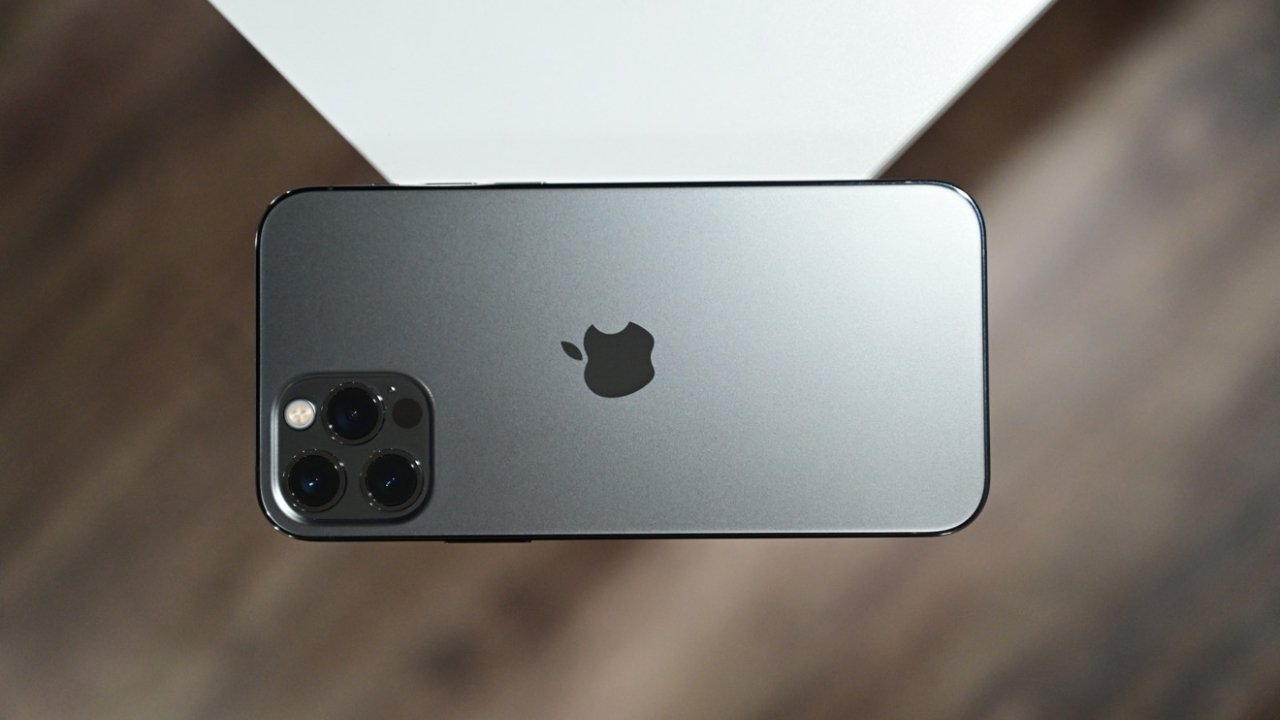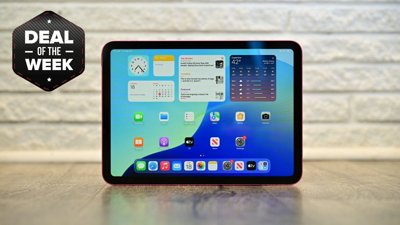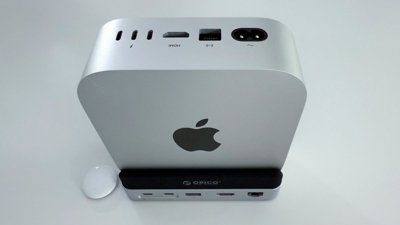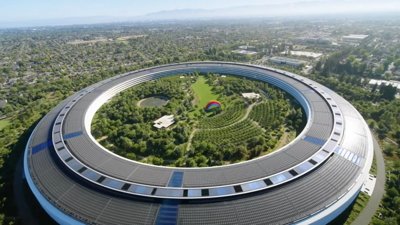Old Apple operating systems receive periodic updates to patch security vulnerabilities, but Apple says only the latest OS updates are fully protected.
Apple hasn't been specific about its security update practices before. It was up to enterprising users and researchers to compare security patch notes and CVE numbers to determine what was patched where.
According to a new support document first covered by Ars Technica, Apple says that only the most recent operating systems have the most comprehensive security patches. In older systems, vulnerabilities are still patched, but not everything.
The support document's purpose is meant to define the difference between a software update and an upgrade, but information about security patches is included. It briefly mentions that older macOS versions aren't as protected as the most recent major release.
This news shouldn't be surprising to those who pay attention to the industry. Apple will patch serious issues in years-old operating systems, but not every patch is applied universally.
For the average user, the best way to stay protected from vulnerabilities is to use the latest hardware updated to the latest available software. But, not everyone always upgrades their OS right when the latest and greatest version launches.
There are a handful of reasons why someone might stick to older operating systems. As devices age, they lose the ability to run the latest software and are dropped from support for the new upgrade.
For devices that can run the latest software, users sometimes decide to wait for a stable release or for work-related apps to become compatible. Apple tends to release a handful of support updates to older systems even when the new OS has launched.
For example, Apple released iOS 15.7.1 with a range of security fixes and patches. However, the list of vulnerabilities covered by the update is smaller compared to iOS 16.1.
 Wesley Hilliard
Wesley Hilliard








 William Gallagher
William Gallagher
 Christine McKee
Christine McKee
 Malcolm Owen
Malcolm Owen
 Mike Wuerthele
Mike Wuerthele
 Andrew Orr
Andrew Orr
 Andrew O'Hara
Andrew O'Hara





-m.jpg)



8 Comments
Forced obsolescence? Both my 2015 iMac in 2017 and it doesn’t take Ventura so it’s basically done getting updates even though I only bought it 5 years ago. Apple doesn’t have a 27” iMac so there’s really nothing affordable to replace my old iMac.
Not really surprising. Apple is almost done transitioning away from Intel and Apple Silicon is going to be their focus. Older Intel machines are not worth much effort. I saw the same thing when they went from PPC to Intel. For a couple of years the older PPC machines didn’t get updates as long. Well, I guess it’s time to look at updating the 2012 MacBook Pro, the 2015 iMac and the 2016 iMac. It’s been a good ride but all good things come to an end.
I’m really surprised that there’s been nothing on the 27” iMac front. Maybe consider a Mac Mini and an aftermarket 4k or 5k monitor? It would still run circles around the old iMac. Alternatively a 24” iMac and second external monitor. That’s what I’m running now. My 2016 21” iMac and a second 4k Asus monitor right next to it. Plenty of workspace.
Oh you must be pissed that Linus wants to chop out the 486.
I have non-modified 2015 macs that run Monterey. And I’m not sure what that dude is taking about with his iMac. I have an iMac 2017 daily driver used for testing software and making build that runs Ventura just fine, and boots into the 13.1 beta from an SSD. Runs Parallels 18 without complaint as well. And it’s just about the base model. A 21.5 3Ghz i5 16 Gb memory and a Radeon 555 (I think). The only one below that was the educational one with the last gen motherboard.
Honestly, how did this jump from the obviousness of patches to old OSes being less effective due to the age of the codebase, to “my near six year old computer that is upgradable to the current beta OS is forced obsolescence”? We’ll just skip over the whole seven year old Macs that can run what was the most recent OS the week prior.
PS - Want your older-than-dirt hardware to still be vaguely useful? Install a Linux or BSD distro. They’re free (mostly).